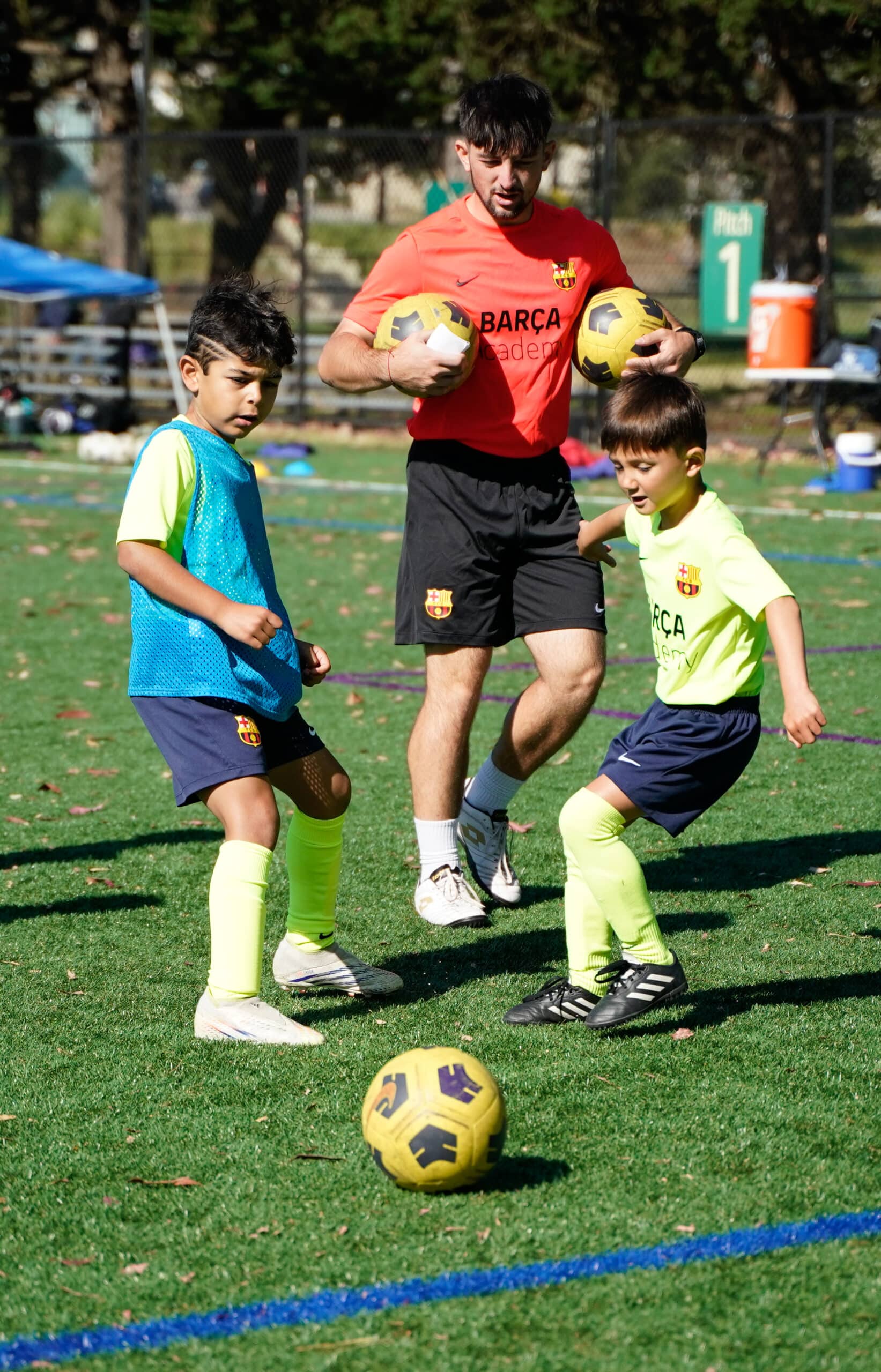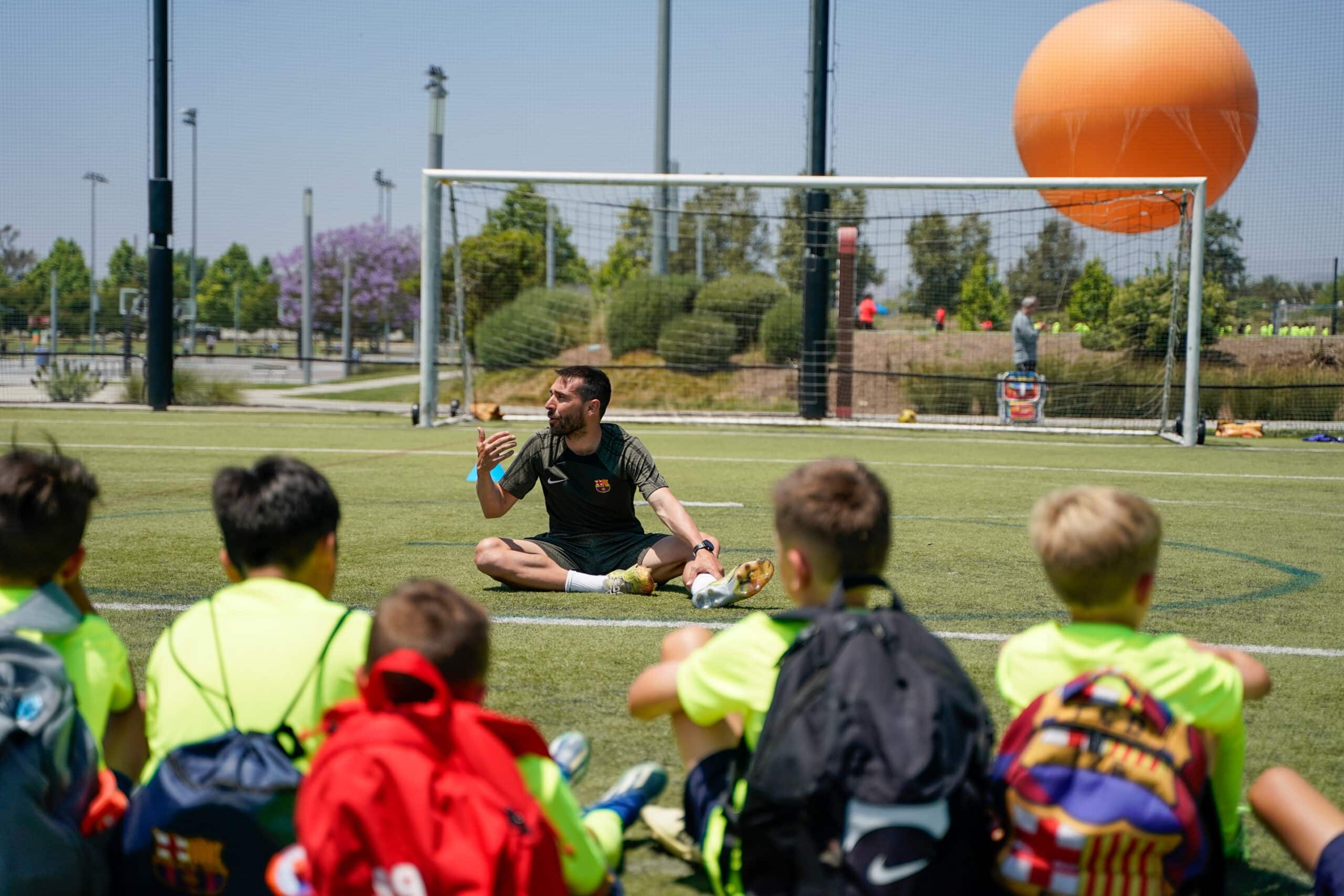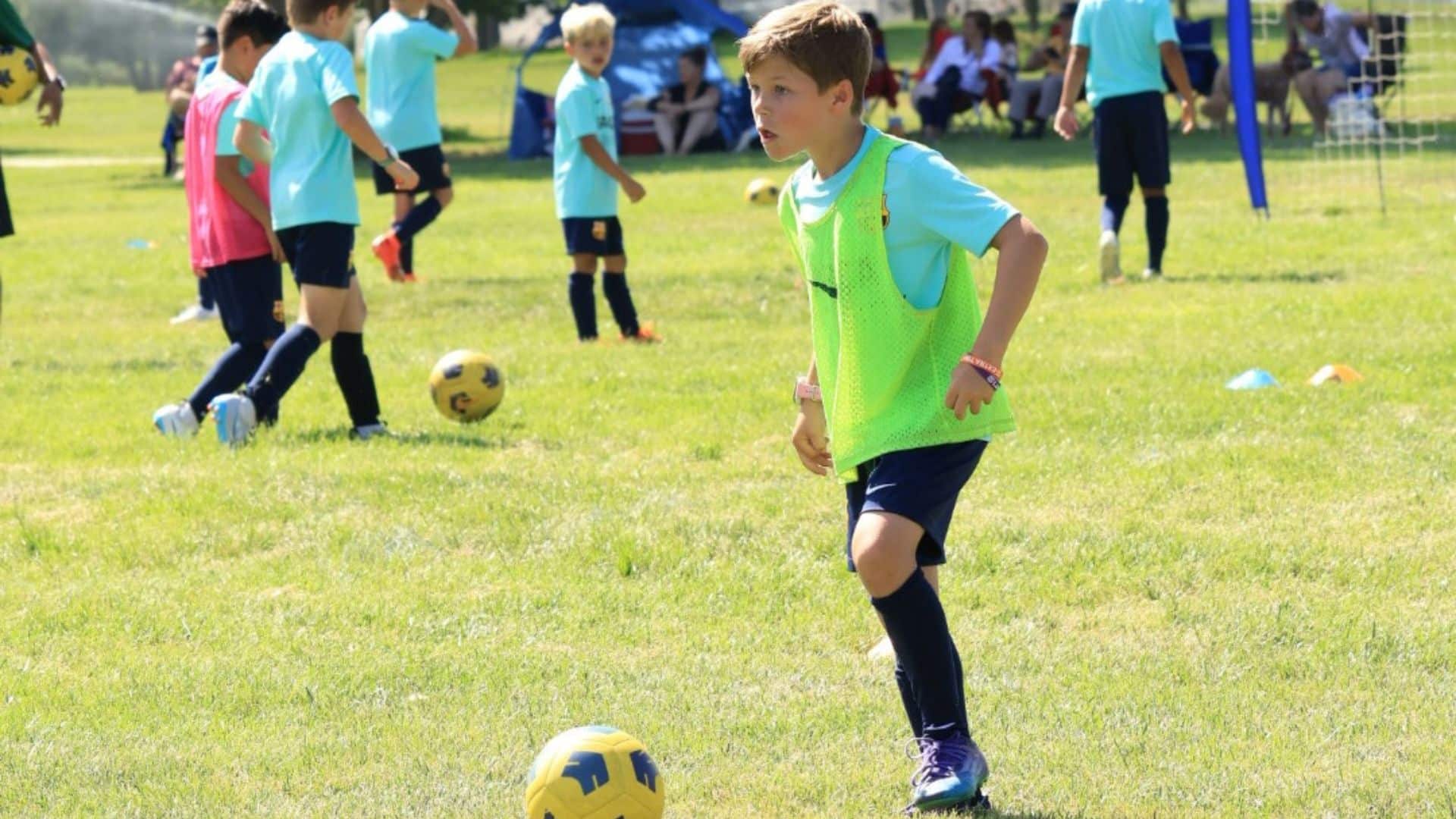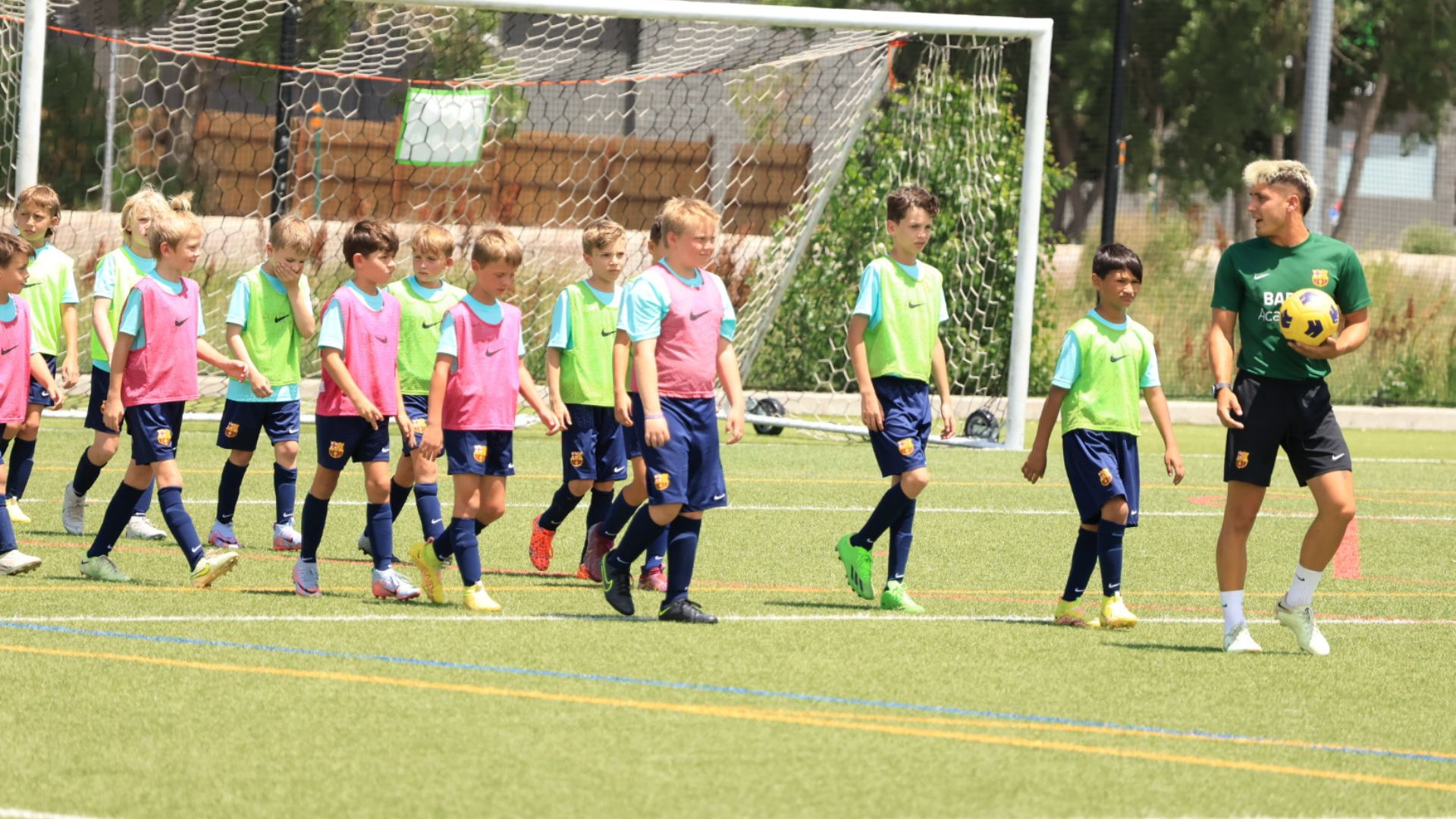Proper nutrition plays a crucial role in the development and performance of young soccer players. Just like any other sport, soccer requires a combination of physical fitness, technical skills, and tactical awareness. However, what often goes unnoticed is the significant impact that nutrition has on a player’s overall performance on the field. Soccer nutrition refers to the science of fueling the body with the right nutrients to optimize energy levels, enhance endurance, support recovery, and promote overall well-being.
We want to emphasize the importance of soccer nutrition for young players and shed light on how proper nutrition can enhance their performance. By understanding the specific nutritional needs of soccer players and adopting healthy eating habits, young athletes can optimize their energy levels, improve their endurance, facilitate muscle recovery, and sharpen their mental focus on the field.
The Role of Nutrition in Soccer Performance
Nutrition plays a fundamental role in providing the necessary fuel and energy for soccer players to perform at their best. The food we consume is broken down into nutrients that are utilized by the body as a source of energy.
Carbohydrates, specifically, are the primary fuel source for high-intensity activities like sprinting, dribbling, and sudden bursts of speed. By consuming an adequate amount of carbohydrates, young players can ensure that their energy levels are sustained throughout the match, enabling them to maintain intensity and perform optimally.
A balanced diet is essential for young soccer players to achieve optimal physical and mental performance. It should consist of a variety of foods from different food groups, providing a wide range of nutrients.
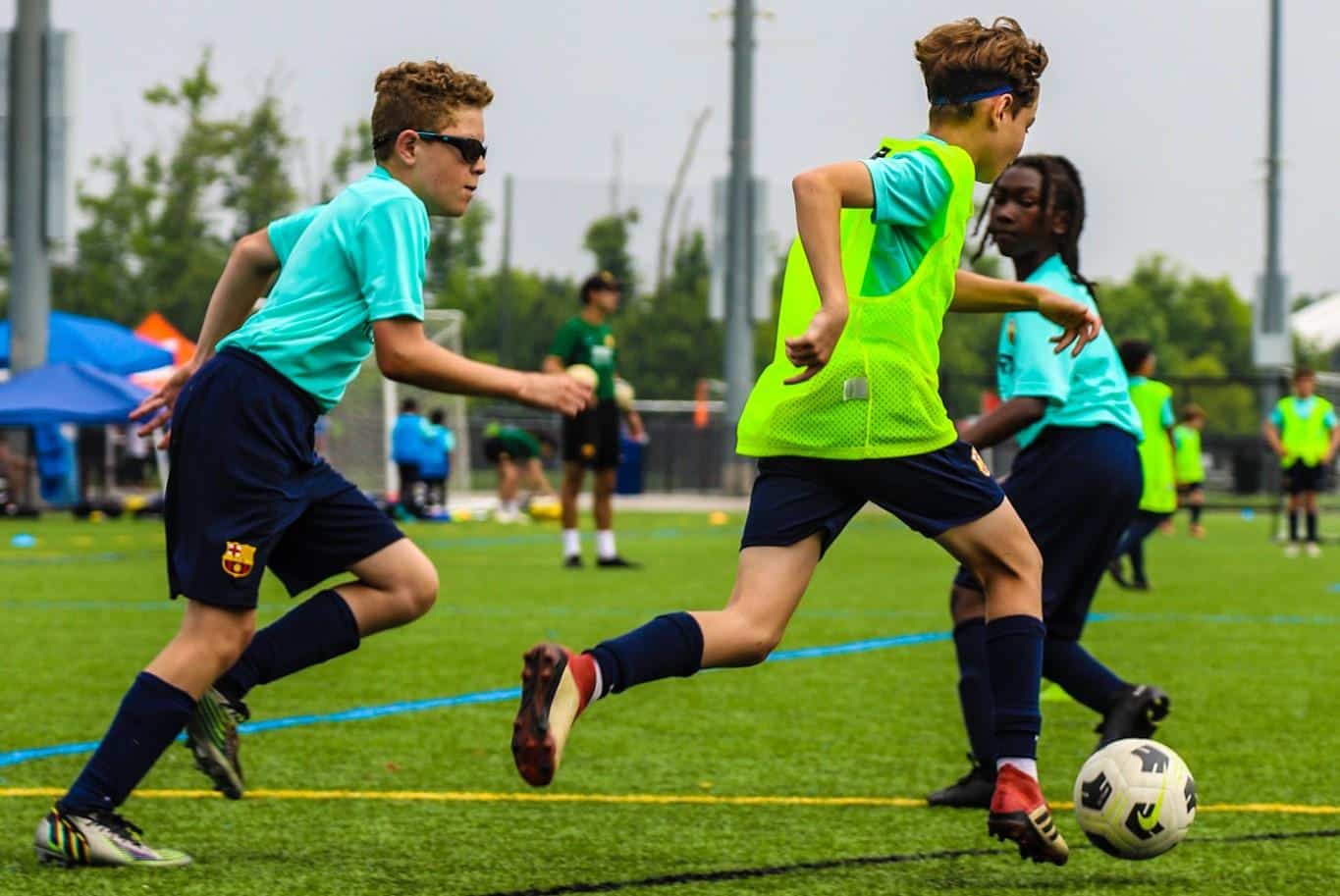
Nutritional needs considering the demands of the sport
1. Macronutrients: Carbohydrates, proteins, and fats
- Carbohydrates should form the foundation of a young soccer player’s diet. Foods like whole grains, fruits, and vegetables are excellent sources of carbohydrates and provide sustained energy.
- Proteins, found in lean meats, fish, poultry, legumes, and dairy products, are crucial for muscle repair, growth, and recovery.
- Healthy fats from sources like avocados, nuts, seeds, and oils provide essential fatty acids and contribute to overall energy balance.
2. Micronutrients: Vitamins and minerals
Vitamins and minerals are vital for young soccer players to support their overall health and well-being. Adequate intake of vitamins, such as vitamin C, vitamin D, and the B, helps in maintaining immune function, promoting bone health, and supporting energy metabolism. Minerals like calcium, iron, and magnesium are necessary for strong bones, oxygen transport, and muscle function.
Preparing for the Game: Pre-Match Nutrition
Proper pre-match nutrition is essential to ensure young soccer players have sufficient energy and optimal performance on the field. It is essential to emphasize the significance of consuming balanced meals and snacks before a soccer match. Pre-match meals and snacks provide the necessary fuel to sustain energy levels, enhance endurance, and support muscle function during gameplay.
-
Timing of meals and snacks
Ideally, a pre-match meal should be consumed 2–3 hours before the game to allow for proper digestion. This meal should be balanced, consisting of carbohydrates, proteins, and fats. If there is not enough time for a full meal, a smaller snack should be consumed 30–60 minutes before the game, focusing on easily digestible carbohydrates.
-
Foods to focus on for sustained energy
Complex carbohydrates such as whole grains, pasta, rice, and potatoes are excellent choices for sustained energy. These foods release energy slowly and steadily, providing a constant source of fuel throughout the match. Fruits and vegetables should also be included for their valuable vitamins, minerals, and antioxidants.
-
Hydration strategies
Hydration is crucial before a soccer match to ensure optimal performance and prevent dehydration. Players should drink water or sports drinks in the hours leading up to the game. It’s crucial to start the match properly hydrated to maintain fluid balance and prevent fatigue or cramping.

Enhancing Recovery: Post-Match Nutrition
Post-match nutrition is also important to consider to aid in recovery and muscle repair. The body undergoes significant stress and depletion of energy stores during a match, and proper nutrition afterward helps replenish these stores, repair damaged muscles, and promote efficient recovery for future training and matches.
Incorporating foods rich in antioxidants and anti-inflammatory properties can aid in reducing inflammation, promoting recovery, and protecting against oxidative stress. Examples include colorful fruits and vegetables, nuts, seeds, and spices like turmeric and ginger.
By focusing on proper pre-match nutrition and incorporating post-match recovery meals or snacks that provide the necessary nutrients, young soccer players can enhance their performance, support muscle recovery, and promote long-term growth and development.
Daily Soccer Nutrition: Fueling for Training
Proper nutrition is not just important on game days; it is a key aspect of a young soccer player’s daily routine throughout the training week. Each training session presents an opportunity for players to improve their skills, stamina, and performance. By fueling their bodies with the right nutrients, young soccer players can maximize their training benefits and optimize their development.
During training sessions, players engage in intense physical activities that require energy, strength, and endurance. The body relies on carbohydrates as the primary source of fuel to sustain high-intensity exercise. Consuming an adequate amount of carbohydrates before and after training sessions helps replenish glycogen stores in the muscles, ensuring that players have the energy to perform at their best. Additionally, proteins play a vital role in repairing and building muscles, which is especially indispensable for young athletes who undergo regular training sessions.
The importance of consistent eating habits and meal planning
Consistent eating habits and meal planning are very significant for soccer players to maintain proper nutrition. Regularly scheduled meals and snacks help ensure a steady supply of energy, maintain stable blood sugar levels, and optimize nutrient intake. When players have a well-planned eating schedule, they are less likely to experience energy fluctuations, hunger pangs, or rely on unhealthy food choices.
By planning meals in advance, players, and their families, can ensure they have access to nutritious options and avoid relying on convenient but less healthy alternatives. This can help young athletes maintain a consistent intake of essential nutrients.
Potential challenges and solutions for maintaining a nutritious diet
Some potential challenges of maintaining a nutritious diet include:
- Time Management: Encourage players and their families to plan and prepare meals in advance. This could involve batch cooking, using meal delivery services, or involving parents or caregivers in meal preparation to ensure nutritious options are readily available.
- Healthy Snack Options: Provide a list of portable, nutrient-dense snacks that players can carry with them, such as fresh fruit, trail mix, yogurt, or homemade energy bars.
- Education and Awareness: Educate young soccer players about the importance of nutrition and how it directly impacts their performance and well-being. Help them understand the benefits of making healthy choices and provide resources such as educational materials or workshops to increase their knowledge and awareness.
- Supportive Team Environment: Foster a supportive team environment that encourages and celebrates nutritious eating habits. Encourage players to share healthy recipes or snack ideas with each other, creating a positive food culture within the team. Coaches and parents can lead by example and prioritize their own nutrition, which can influence the players positively.
- Collaboration with Parents: Communicate with parents or caregivers about the importance of nutrition and involve them in the process of providing healthy meals and snacks for their children. Provide resources and suggestions for nutritious meal planning, and involve parents in team nutrition initiatives.

Conclusion
The significance of nutrition cannot be overstated. Proper nutrition serves as the foundation for enhancing performance and overall well-being on and off the field.
For Barça Academy, providing the right balance of macronutrients, micronutrients, and hydration is key so young players can optimize their energy levels, endurance, and recovery, enabling them to tackle sporting challenges successfully. Moreover, instilling values such as respect, effort, ambition, teamwork, and humility through nutrition education helps shape young athletes into well-rounded individuals.






